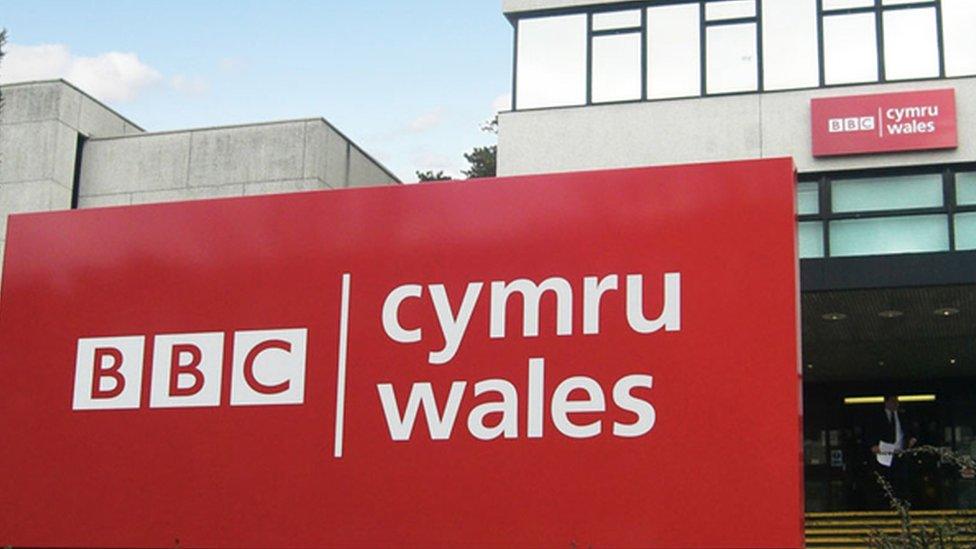Welsh language group's TV licence protest over broadcasting
- Published
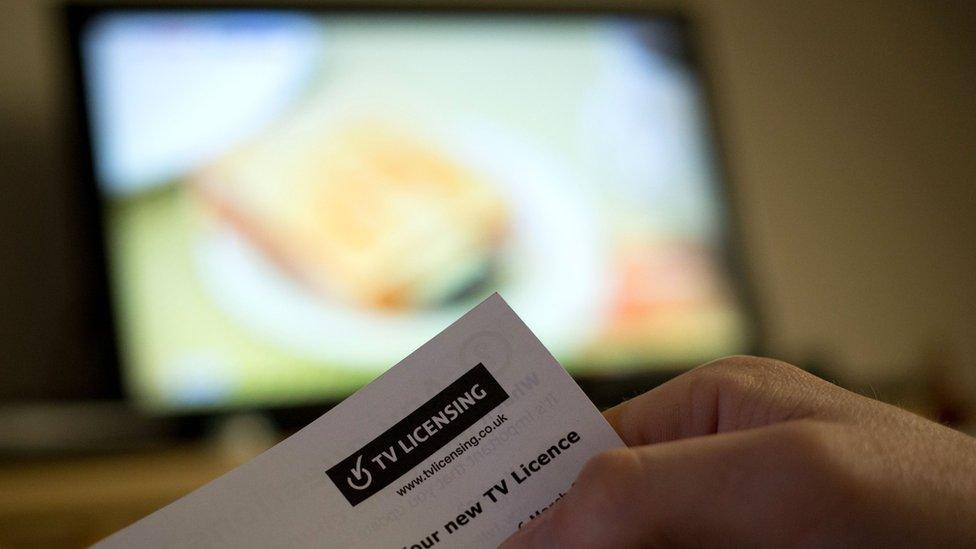
More than 50 Welsh language campaigners are refusing to pay their TV licences until broadcasting powers are devolved.
Members of Cymdeithas yr Iaith are taking the action as part of a campaign to get the powers transferred to the Welsh Assembly.
Chairwoman Heledd Gwyndaf said she was prepared to be jailed rather than pay for her licence until powers were devolved.
TV Licensing said the campaigners risked prosecution and a £1,000 fine.
"It's not an easy decision to make, we're obviously breaking the law," said Ms Gwyndaf of her refusal to pay the £147-a year licence.
"I have done this for many months now. I have a young family, I have three small children.
"I have received many letters telling me that I need to pay, telling me that a bailiff is on the way, giving me a date as to when the bailiffs will arrive."
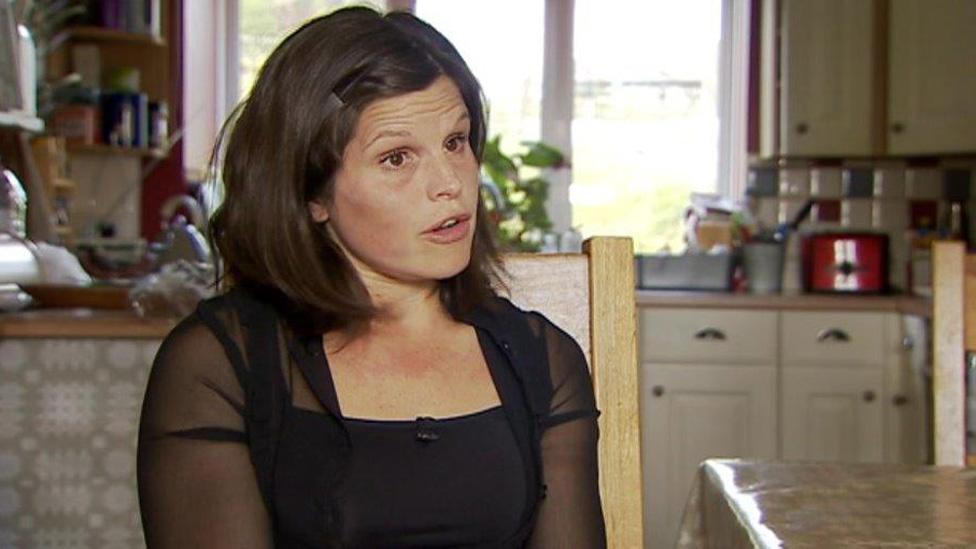
The decision not to pay a licence fee - which costs £147 a year - was not taken lightly, Heledd Gwyndaf said
But she said she believed devolving broadcasting was important to the Welsh language and to Wales as a nation.
"In other countries where broadcasting is already devolved, for example in Catalonia and the Basque country, they have six or eight radio stations and television stations in their mother language, or that broadcast bilingually," she said.
"There's no reason why we cannot devolve broadcasting to Wales."
The Department for Culture, Media and Sport said it could not comment because of the impending general election.
Labour's Welsh Government minister Alun Davies, who has responsibility for broadcasting, said he favoured greater accountability - but not full devolution.
"I don't think there's a groundswell of opinion across Wales for executive responsibility for broadcasting to be devolved to Wales," he said.
"But I think there is concern across Wales about what we see on our screens, and what sort of services we receive. And what I would like to see is a greater sense of accountability from broadcasters and regulators to Wales, and to the institutions of Wales."
He said he wanted to see broadcasters become more accountable to assembly members.
"We all know that we don't see enough programming made in Wales, we don't see the portrayal of Wales on our screens in a way that we deserve and should see, and I think it's time that both regulators and broadcasters came to Cardiff and explained what they are doing to serve Welsh audiences," he added.
Plaid Cymru and the Liberal Democrats support the devolution of broadcasting. The Conservatives favour shared accountability but not full devolution, while UKIP do not support any devolution of broadcasting powers.
In a statement, TV Licensing said: "Regardless of personal opinion, a TV Licence is required to watch or record TV programmes as they are broadcast, or watch BBC programmes on iPlayer."
It said people could not be jailed for non-payment of a TV licence and it was a matter for the courts whether they imposed a custodial sentence for non-payment of court fines.
"Additionally, TV Licensing does not use bailiffs so our letters would not have mentioned the use of bailiffs," said a spokesman.
- Published16 June 2016
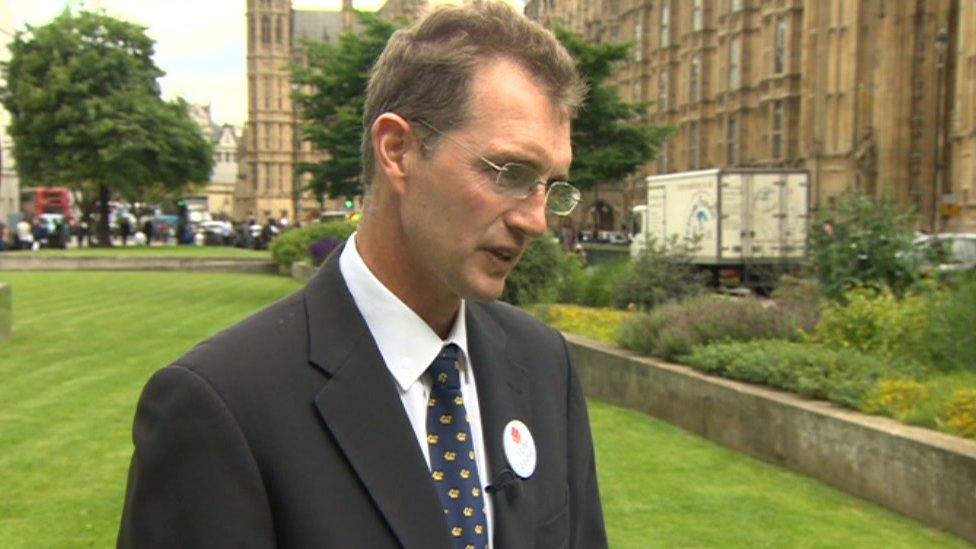
- Published21 February 2017
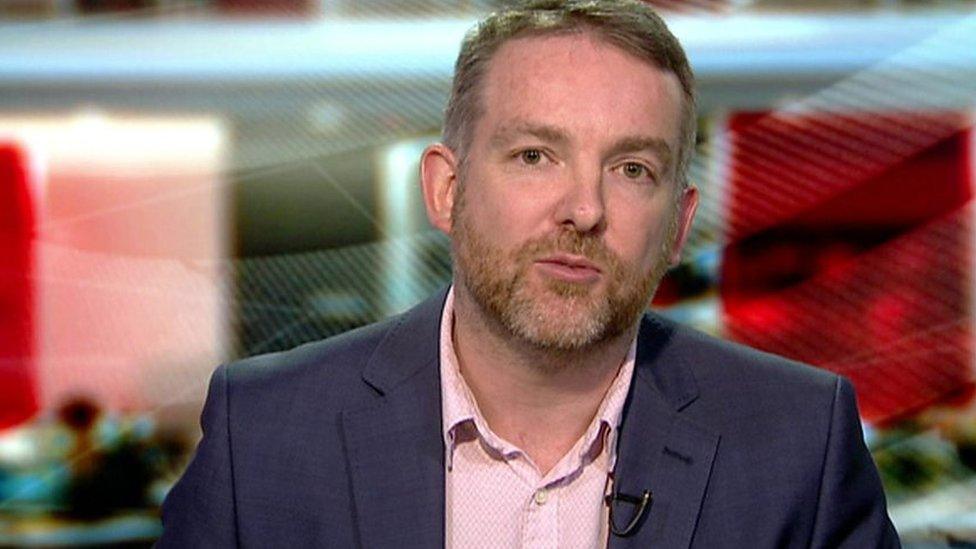
- Published9 February 2017
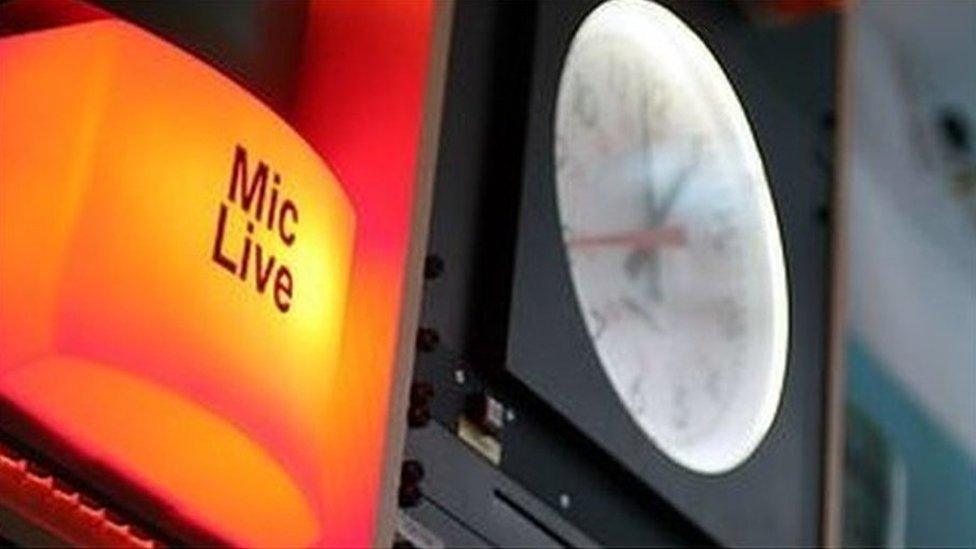
- Published17 August 2016

- Published6 October 2016
